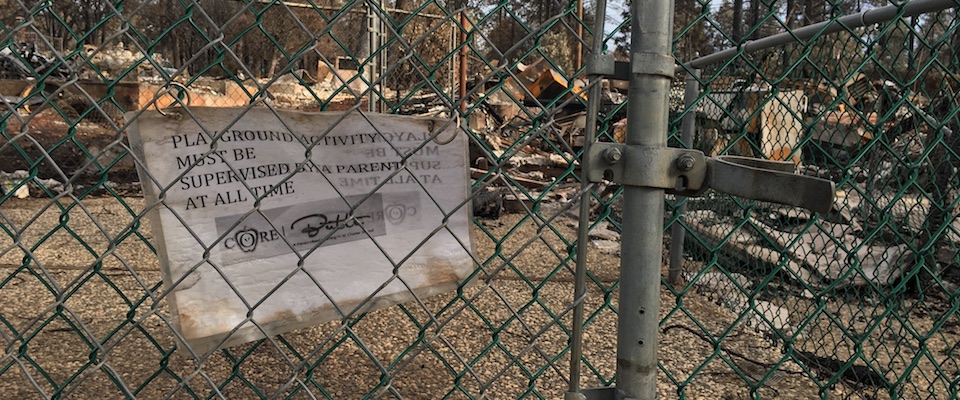Or how to write 50,000 words in 30 days
Four years after I graduated from Cal, I accidentally started a movement that now produces more fiction than all of America’s MFA programs combined. The year was 1999, and I was living in Oakland, still trying to figure out what to do with my degree in cultural anthropology.
I had loved the anthro major as an undergrad, but by 1999 I was beginning to wish my parents had browbeaten me into becoming an accountant. Or a trapeze artist. Or something more practical. Instead, I had become The Creepy Guy Who Graduated Four Years Ago Who Sits Alone in Caffe Strada All Day Reading. Somewhere in that haze of aimlessness and espresso, a very dumb idea was born.
My idea was to recruit as many of my friends as possible to write novels in 30 days. Each of us would attempt our own 50,000-word books, and there would be neither judges nor prizes. Anyone who made it to 50K would be a winner. I jokingly called it National Novel Writing Month, and 21 of us signed on.
None of us knew the first thing about novel writing, but we were smart enough to realize we’d never get through it alone. So after the starting gun sounded, we began meeting after work at local coffee shops, where we’d break out our laptops and race one another to the day’s word-count goal. Laggers had to buy snacks for the speedier typists, and no one was allowed to go to the bathroom until they’d produced 1,000 words.
When your sole literary ambition is visiting the toilet and ducking the Doritos tab, it’s amazing how much writing you can get done in a night. By the end of the month, six of us had crossed the 50,000-word finish line. Our books were bad, sure. But they weren’t that bad. And they’d been raucously fun to write.
That feeling of bookish excitement made me think back to a moment during my senior year at Berkeley. I was taking an anthropology class with renowned folklore professor Alan Dundes. Dundes was a man who loved stories and jokes, and his intelligence and easy laughter made his class one of the most enjoyable of my undergraduate years.
When Professor Dundes handed my final paper back at the end of the semester, it came with a small note penciled in the margin: “Have you ever considered a career in writing?”
The question, when I read it, seemed like one of Alan’s famous jokes. If there was anything more improbable than a career in cultural anthropology, I knew, it was a career in writing. But as the very first National Novel Writing Month wound down, I realized that Alan’s comment had sparked something in me. And there, four years later, it had finally caught fire.
This past spring, I got the news that Alan Dundes had suffered a major heart attack and died while teaching. It was saddening for a hundred different reasons, and I kicked myself for never dropping by his office and thanking him for helping a drifting student find his footing.
A few months after Alan’s death, the seventh National Novel Writing Month took place. We had more than 60,000 participants this year, writing from 30 different countries. To date, a dozen National Novel Writing manuscripts have been bought by big-time New York publishing houses, and we’ve acted as creative midwives for about 15,000 books. In addition to running the organization, I write a novel every year. This year’s was about a widowed lawyer who finds solace after his wife’s death by filming an aquatic zombie movie in his backyard.
It needs a lot of work, I know. But I have the dedications all worked out.
To Alan, whose encouragement helped make the improbable possible.
And, below that:
To everyone else: Have you ever considered a career in writing?
Chris Baty is a freelance writer whose work has appeared in the Washington Post, the SF Weekly, and Lonely Planet guidebooks. He’s also the author of No Plot? No Problem!: A Low-Stress High-Velocity Guide to Writing a Novel in 30 Days.
From the January February 2006 Chinafornia issue of California.




















